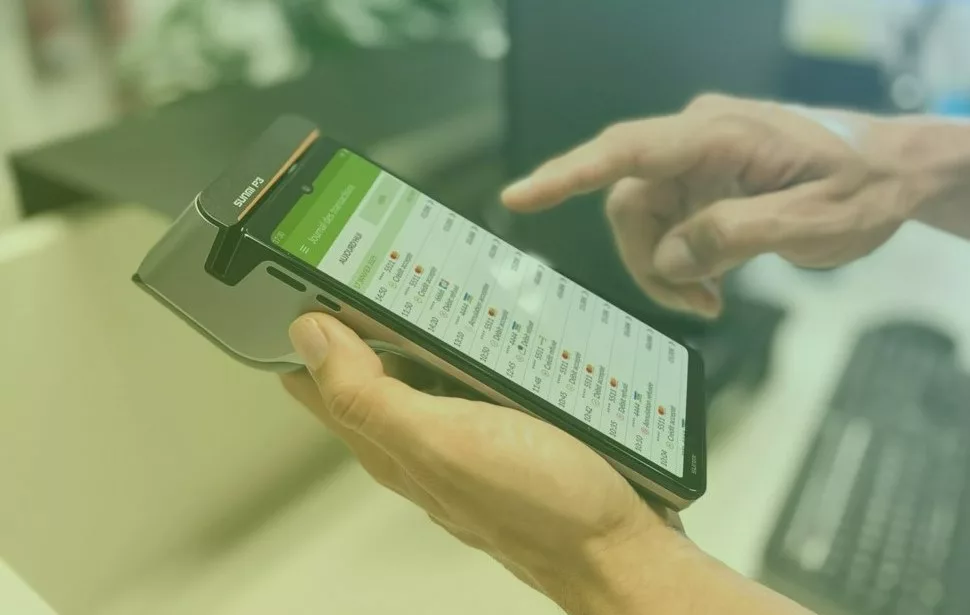The rise of digital commerce demands robust measures to protect sensitive payment information. Tokenisation is a pivotal technology that supports modern payment security by helping merchants and service providers safeguard cardholder data, whether transactions occur online or in-store.
What is tokenisation?
Tokenisation is a data protection approach that replaces sensitive payment details such as the Primary Account Number (PAN) with a randomly generated token, a unique string of characters bearing no intrinsic value or meaning. For instance, instead of storing a card number like “4532 1234 5678 9876,” a system stores a token such as “TKN-87654X-9832Y.” These tokens can be securely stored and used to process transactions, significantly reducing the risk of fraud and unauthorised access to genuine card information.
Key features of tokenisation
- PCI DSS compliance: By keeping sensitive data off merchants’ own servers, tokenisation substantially reduces the scope of Payment Card Industry Data Security Standard (PCI DSS) compliance requirements, easing regulatory burdens.
- Reusable tokens: Tokens facilitate recurring billing, subscription management, and one-click payment options, providing a secure and streamlined customer experience without repeated exposure of payment data.
- Omnichannel support: Tokenisation functions seamlessly across e-commerce websites, mobile applications, and physical point of sale (POS) systems, enabling a consistent and unified customer journey.
- End-to-end security: Paired with encryption, tokens protect cardholder information throughout the entire transaction lifecycle, from data capture through authorisation.
- Customer-centric convenience: This technology enables customers to save their card details securely, resulting in faster and smoother checkout experiences.
Practical use cases
Tokenisation is indispensable across various payment environments. Online retailers can store customer tokens to simplify repeat purchases, so that the customers do not need to re-enter card details . Mobile wallets and in-app payments benefit from tokenised data that enhances security on personal devices. Subscription services rely on tokenisation for secure, compliant recurring billing that mitigates fraud risk. Meanwhile, physical retail outlets leverage smart POS terminals that tokenise card data directly, integrating online and offline commerce fluidly.
Industry insights: Tokenisation’s growing impact
Visa, a global leader in payment technology, highlights tokenisation’s widespread adoption and commercial value. By early 2025, Visa had issued over 12.6 billion tokens globally, with approximately 50% of all global e-commerce transactions now tokenised[1]. This milestone illustrates the critical role tokenisation plays in securing online payments worldwide. Beyond security, tokenisation contributes to measurable business success. Visa reports a 6% lift in authorisation rates from tokenised transactions, translating into more than $40 billion in additional e-commerce sales globally.
It is important to clarify a key distinction within Visa’s operations: the scheme tokenisation use case. In this framework, card schemes (such as Visa) generate and issue tokens to payment service providers (PSPs), enabling PSPs to process transactions without exposing actual card details in the messages. While this adds a critical security layer between the card scheme and PSP, these scheme tokens themselves must also be tokenised or further secured before passing data onto merchants. This method ensures greater data protection during each step of the payment chain and aligns directly with regulatory and industry requirements for safeguarding cardholder data.
The global tokenisation market continues to expand rapidly. Research and Markets projects that the market will grow from $3.38 billion in 2024 to $4.13 billion in 2025, reflecting a compound annual growth rate (CAGR) of 22.1%[2]. This momentum is driven by the rise of digital and contactless payments, increasing e-commerce penetration, heightened concerns over data breaches, and improved fraud prevention.
Benefits for merchants
- Enhanced security: Reduces data breach and fraud risks by limiting sensitive data exposure.
- Frictionless checkout: One-click payments powered by tokens increase conversion rates and sales.
- Cost efficiency: Narrows PCI DSS scope, lowering compliance-related expenses.
- Customer trust: Strengthens brand reputation through a secure payment environment.
- Operational flexibility: Simplifies payment management with tokens usable across multiple platforms and channels.
Ready to explore tokenisation?
To discover how tokenisation can elevate your payment infrastructure and business outcomes, contact our team of experts or consult your payment platform provider for tailored guidance: https://www.payxpert.com/contact/
Adoption of this technology enables businesses to reduce risk, improve customer experience, and streamline compliance efforts.
[1] https://www.visaacceptance.com/en-us/blog/article/2025/tokens-are-key-to-future-proofing-payments.html
[2] https://www.researchandmarkets.com/reports/5766554/tokenization-market-report


